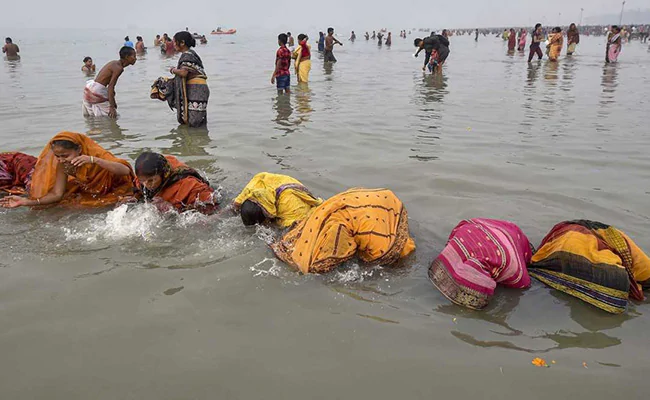After New Delhi’s decision to suspend Indus Water Treaty with Pakistan, India is now exploring various alternatives to modify and reassess a significant agreement with Bangladesh regarding the distribution of Ganga waters.
The agreement for sharing Ganga waters, called the Ganges Water Sharing Treaty, expires in 2026, marking 30 years since its implementation. While renewal requires mutual agreement, New Delhi is eyeing a fresh treaty that addresses its present developmental requirements.
The agreement, which was formalised in 1996 when Sheikh Hasina began her first tenure as Bangladesh’s Prime Minister, established a framework for distributing Ganga’s flow at the Farakka Barrage in West Bengal during the critical dry period from January 1 to May 31 annually.
India is seeking an additional 30,000 to 35,000 cusecs during this period to address its growing needs.
New Delhi belives that there is need to reconsider the agreement to achieve an ideal equilibrium in water distribution between West Bengal and Bangladesh. According to these sources, India seeks to modify the treaty to accommodate its requirements for irrigation, harbour maintenance, and electricity production.




